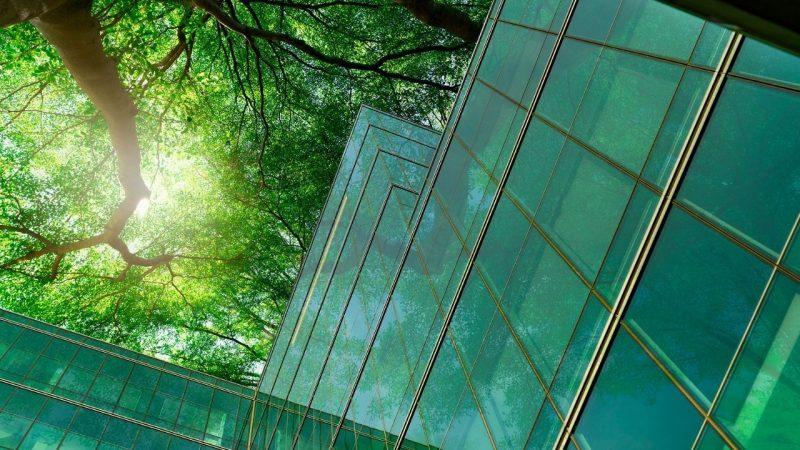Green buildings, green leases and retrofitting will form the anchor of future sustainable workplaces: JLL
13 September 2022
Corporate real estate (CRE) leaders looking to achieve sustainable property portfolios must turn to green certified buildings, green leases and retrofitting as part of their business futureproofing strategy. This is as environmental and social goals are now mainstream, with 83% of organisations in Asia Pacific recognising that sustainability is now a board-level agenda and eight in 10 companies saying their employees expect their workplaces to have a positive impact on the environment, according to JLL.
With buildings accounting for 60% of carbon emissions in cities, organisations are facing increasing pressure to deliver clear outcomes in the race to net zero and create social value through real estate. Findings from JLL’s Future of Work survey suggest that as businesses plot their future path and rethink the purpose of their real estate portfolio, they will need to re-think their office spaces, invest in new technology and prioritise sustainability in line with employee needs.
According to JLL’s Head of Capital Markets – Australia, Fergal G Harris, measures like sustainability commitments for commercial property assets should be a continuing focus, despite the general market pause brought about by the current macroeconomic climate.
“Our advice to clients of all sizes is do not wait to call the bottom. Get ahead of the next cycle by focusing on future proofing your portfolio, upgrading or repositioning assets to protect income. Focus on sustainability.
“Offices assets with amenities that provide positive health and wellness outcomes for tenants will also remain more competitive in a future where the needs of office occupiers are evolving.
“There’s increasing pressure on building owners as climate dates approach and brings increased risks for low graded or non-graded commercial property assets.
“The market needs to ready itself for any environmental reporting or minimum standards that become mandated by regulatory authorities.
“It’s really about having your strategies in place to position your assets post the reset of the market,” said Mr Harris.
“The next three years will prove to be an inflection point for real estate, as the changes accelerated by the pandemic represent an opportunity to pause, think about long-term real estate strategy and how it aligns with future business priorities,” said Anthony Couse, Chief Executive Officer, Asia Pacific, JLL. “With 77% of CRE professionals agreeing that the office will remain central to their organisation’s long-term work ecosystem, businesses will be challenged to redesign and develop office spaces to be fit for sustainability and the future workforce.”
The greenest building, however, is the one that already exists – hence retrofitting existing buildings for sustainability can be an excellent opportunity to plug the supply gap for net zero carbon buildings. Approximately 80% of the building stock that will be standing in 2050 has already been built. That means knocking down an old building to build a new and greener building will be more environmentally detrimental than retrofitting an existing one.
Now, the challenge is to accelerate the current pace of retrofitting to exceed 3% per year in order to meet 2050 targets. JLL’s Future of Work Survey revealed that 56% of organisations in Asia Pacific already plan to refit or redesign their office space in next 12 months – presenting an opportunity for CRE leaders to incorporate sustainability features, such as energy-efficient facilities and circular design principles, into their future-fit, sustainable office.



